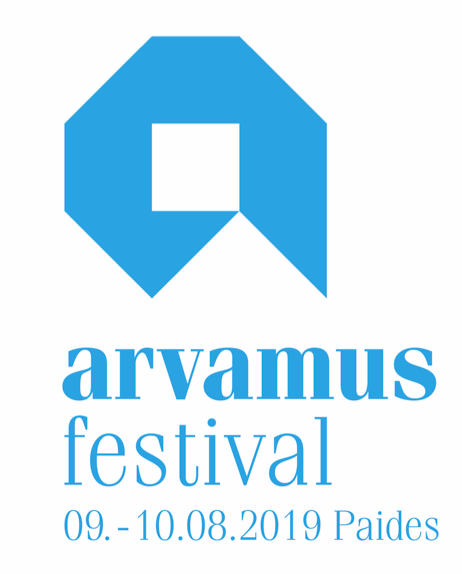A talk taking place at the Opinion Festival on Saturday, ‘Diversity in the Estonian workplace and society: the good, the bad and the ugly’, examined issues of culture, race, identity, and discussed both what foreigners can do to feel more part of Estonian life, and also what Estonia as a whole can do to be as welcoming as possible.
The Opinion Festival throws up annual surprises, but one regular topic is foreigners and their integration into Estonian life. This is perhaps understandable – with the rapid expansion of Estonia-based companies like Transferwise, along with increased international investment in the country, has come a shift in the population demographic. This has not been without friction, as the discussion, in the shadow of Paide’s Holy Cross Church, showed. Nonetheless, there were anecdotes that showed how much has changed for the better for residents of other nationalities.
A lot of the discussion revolved around learning the Estonian language; many adult learners say that they find it difficult to pick up. There was also some talk about whether the problem is that, for the majority of incomers, at least those based in Tallinn, there is a lack of immersion culture – in other words, most Estonians in the capital are happy to speak English, and so it is rare for there to be a definite need for the Tallinn-based foreigner to converse in Estonian. For this reason, the idea of making it compulsory for all foreigners living in Estonia to learn the language was raised. However, although there was some support for the idea, in general the audience, which was quite evenly split between Estonians and foreigners, preferred encouragement of language learning to compulsion.
In general the discussion was calm and measured, but there was more passion shown when an African-American audience member brought up a word often used in the Estonian language to describe a person of colour, which sounds very similar to a term which has become known as very abusive and racist in the UK and US. She said that hearing that word used made her feel uncomfortable.
There was then debate over the perceived historical context of the word in the Estonian language, and whether the requirement to change should be upon the individual who heard the word and was offended, or upon Estonian society not to use the word (there being plenty of other, synonymous, terms that could be used that would not offend anyone). Although no definitive decision was reached, there seemed to be a consensus that increased care over not offending people with any language used would make the world of work more comfortable for many.
A Latin American living in Estonia described how he had, initially, greeted his colleagues in the office each day by shaking their hands, and had regularly hugged people who he knew well, until being told it was not a common thing to do in an Estonian workplace. He explained his personal dilemma, before saying that he decided to “embrace” the fact that he did not look, sound or act “like an Estonian”, and that he was proud of his cultural identity. Two young Russian-Estonian siblings also talked about their positive experiences learning Estonian at a Russian school.
From there, the talk moved onto the ways in which foreigners can get to know Estonian culture. The theatre was cited as a great way to learn the language and to gain a greater cultural understanding; many high-profile productions are subtitled in English, while another idea raised was to hold performances written specially in easy-to-understand Estonian, for adult language-learners. The talk was held in the ‘world cafe’ format, meaning that microphones were passed throughout the audience, and participation ‘in the round’ was encouraged, rather than set speakers taking part in a more conventional forum.


